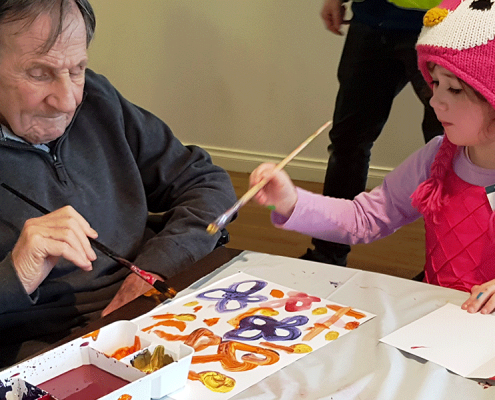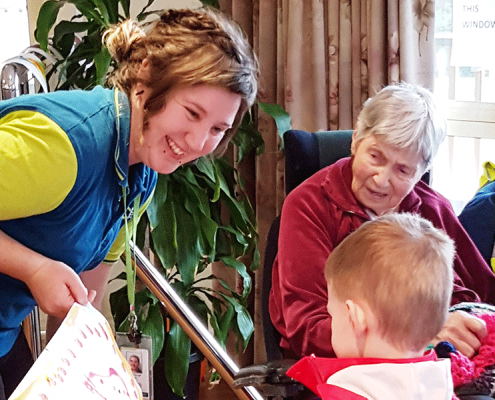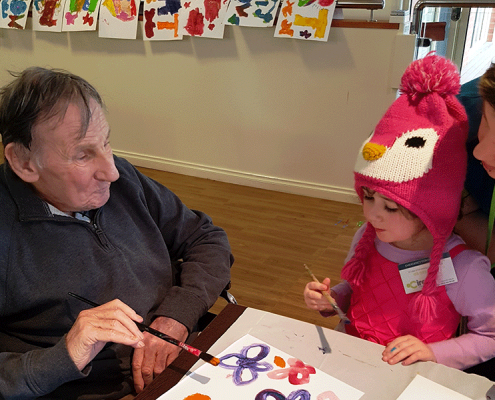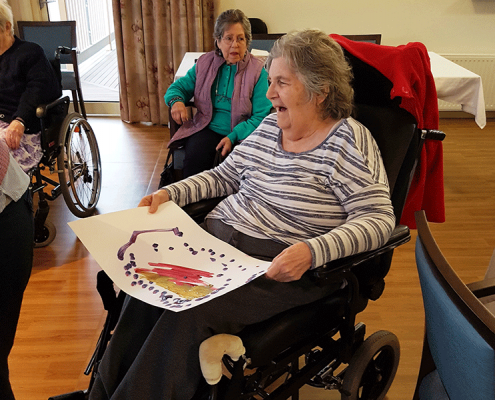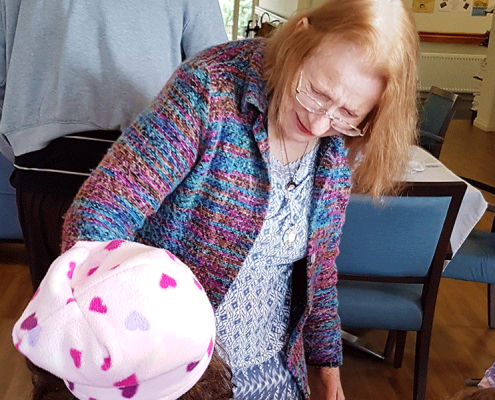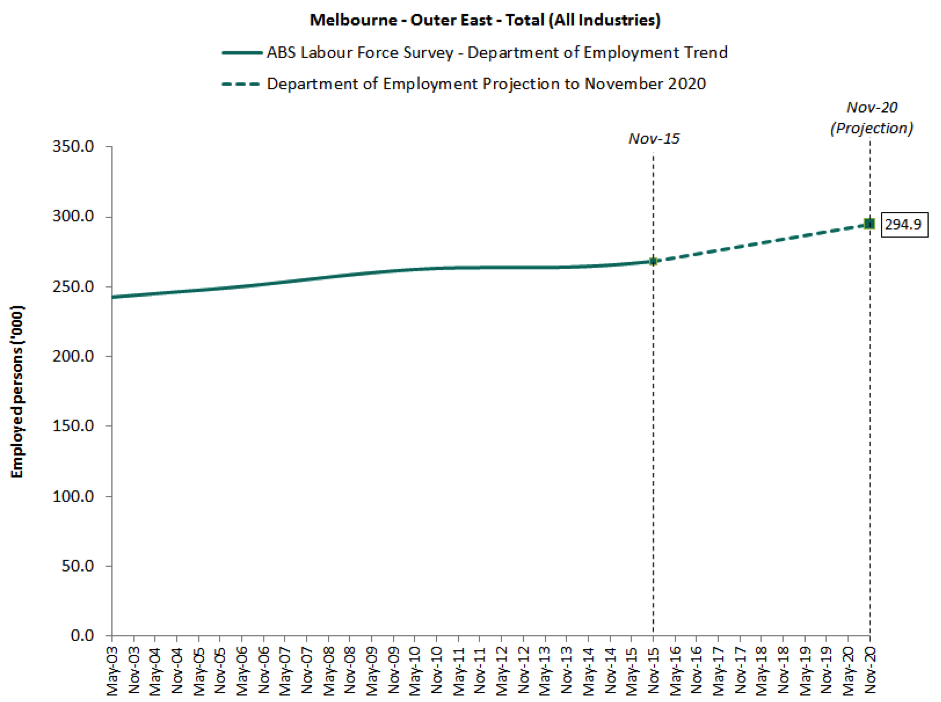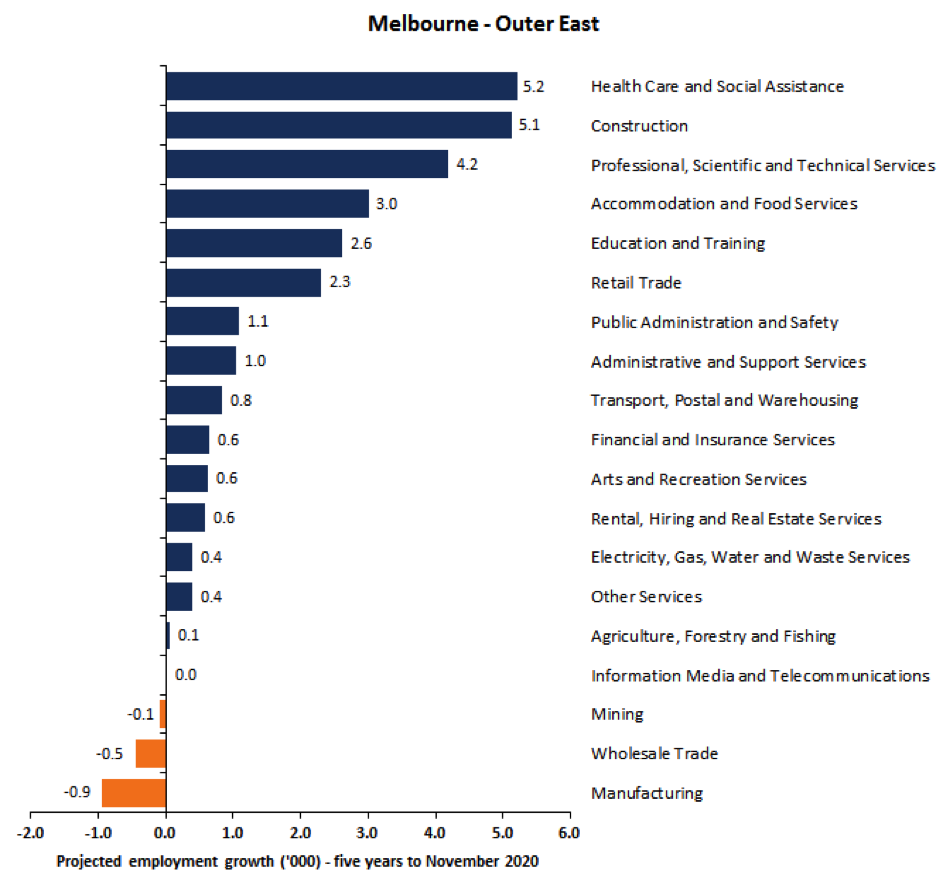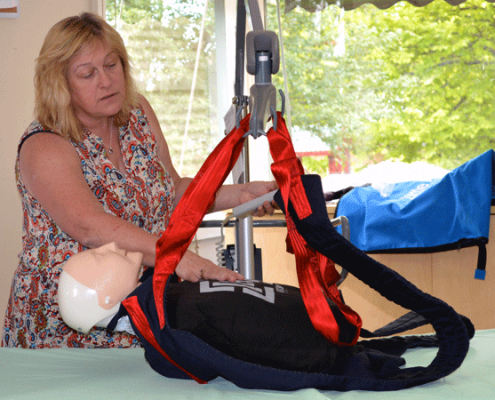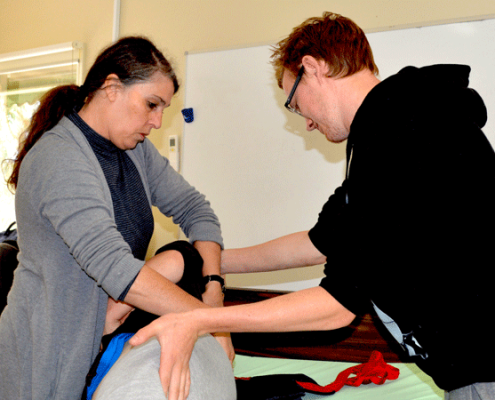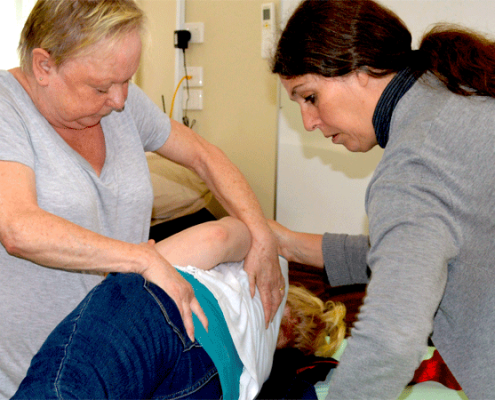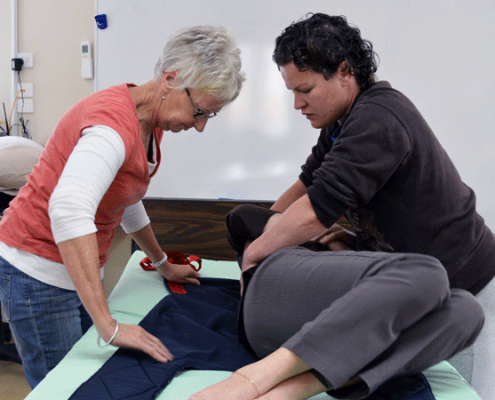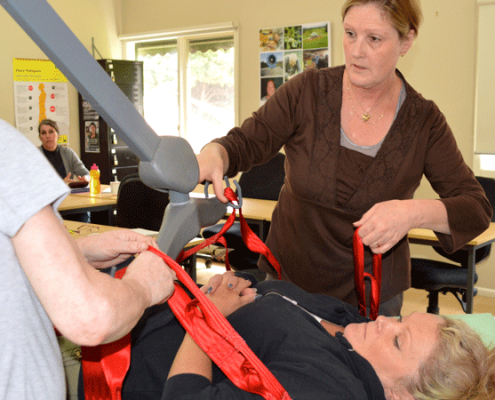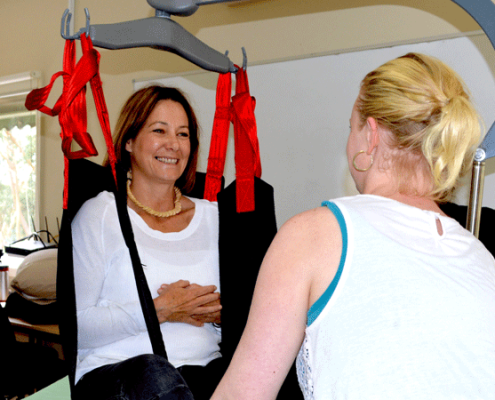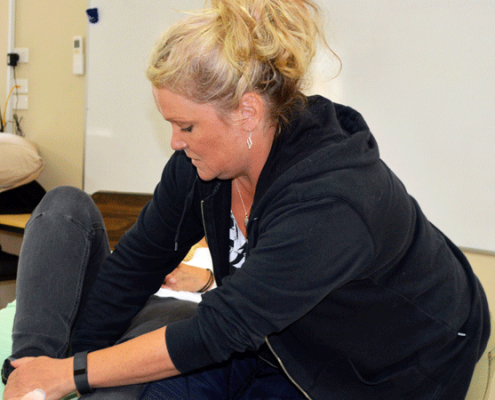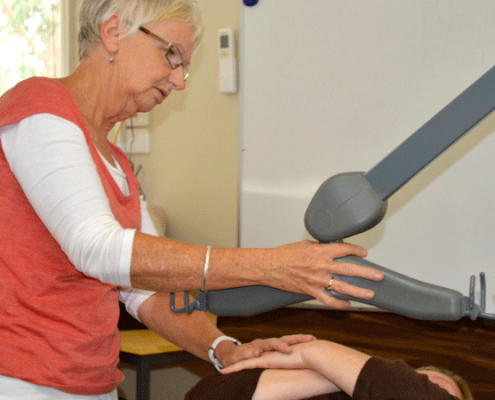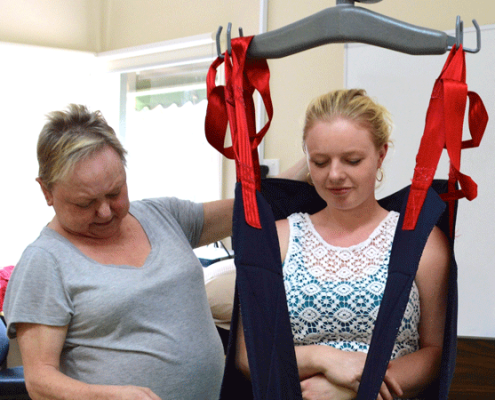Embark on a rewarding new career in Individual Support!
Would you like to embark on a career that allows you to change people’s lives for the better? Do you pride yourself on your compassion, ability to empathize and your desire to help others?
Do you want to work in a rewarding, growing industry that can offer you employment opportunities, job security and flexible working arrangements?
Undertaking study in Individual Support doesn’t just qualify you to become a carer: it provides you with the skills you need to play a vital role in your clients’ unique life stories. You will care for people during their most vulnerable moments and sit with them through difficult times. Your companionship will help prevent the social isolation that has been identified as a cause of numerous health issues, both physical and psychological. You will provide your clients with the support they need to face their personal challenges and you’ll become part of the rich tapestry of our local community.
According to the Australian Bureau of Statistic’s Labour Force Survey, there will be over 250,000 employment opportunities in Healthcare and Social Assistance by 2023, with a 39% increase in Aged and Disability Carer roles. Census data identifies Aged Care Residential Services as a major industry of employment across the Yarra Ranges. Opportunities in the field will only continue to increase, with the number of people requiring some form of care projected to double by 2050.
Working in Individual Support is about more than just job security and industry growth. Your work will also be enriching, varied and interesting. Forget spending 9am-5pm stuck behind a desk! One day you might be assisting clients with mobility and daily activities, the next you could be organising social events and accompanying them out-and-about. You will become familiar with your client’s personalities, quirks, behaviours and empower them to make the improvements they need to live their lives to the fullest.
Cire’s Certificate III in Individual Support offers a blend of theoretical knowledge and 120 hours of practical, hands-on work placement. You will learn the foundational skills required to work safely and recognize health body systems, feel confident working closely with a diverse range of people, and be able to provide high-quality individualized care. You will be able to communicate with health-care professionals and monitor your client’s wellbeing. Based on your choice of electives, you may also learn to facilitate the empowerment of older people, provide dementia support and develop the knowledge required to work with a palliative approach.
Here at Cire, we believe in choice. We want you to have control over your own learning and future pathways. With this in mind, we’ve developed three different learning streams within the Certificate III. You can choose to specialize in Home and Community Care, Aged Care or Disability depending on your desired career outcome. You can also decide to study all three, giving yourself a broad general knowledge that will allow you to pursue a variety of roles.
A qualification in Individual Support provides a range of job opportunities, depending on your chosen learning stream. Upon graduating, you may find yourself working as an aged care support worker, a personal care attendant, a residential worker or in respite care.
The Certificate III runs across 7 months at our Yarra Junction Campus, with new enrolments being accepted throughout 2020. Our courses include a mix of classroom sessions, work placement and self-directed learning.
We’ll be running free information sessions, aiming to provide you with everything you need to make the right decision when it comes to enrolling in a qualification. These will cover the courses offered by Cire Training, future career pathways and more!
Click here to reserve your free space.

